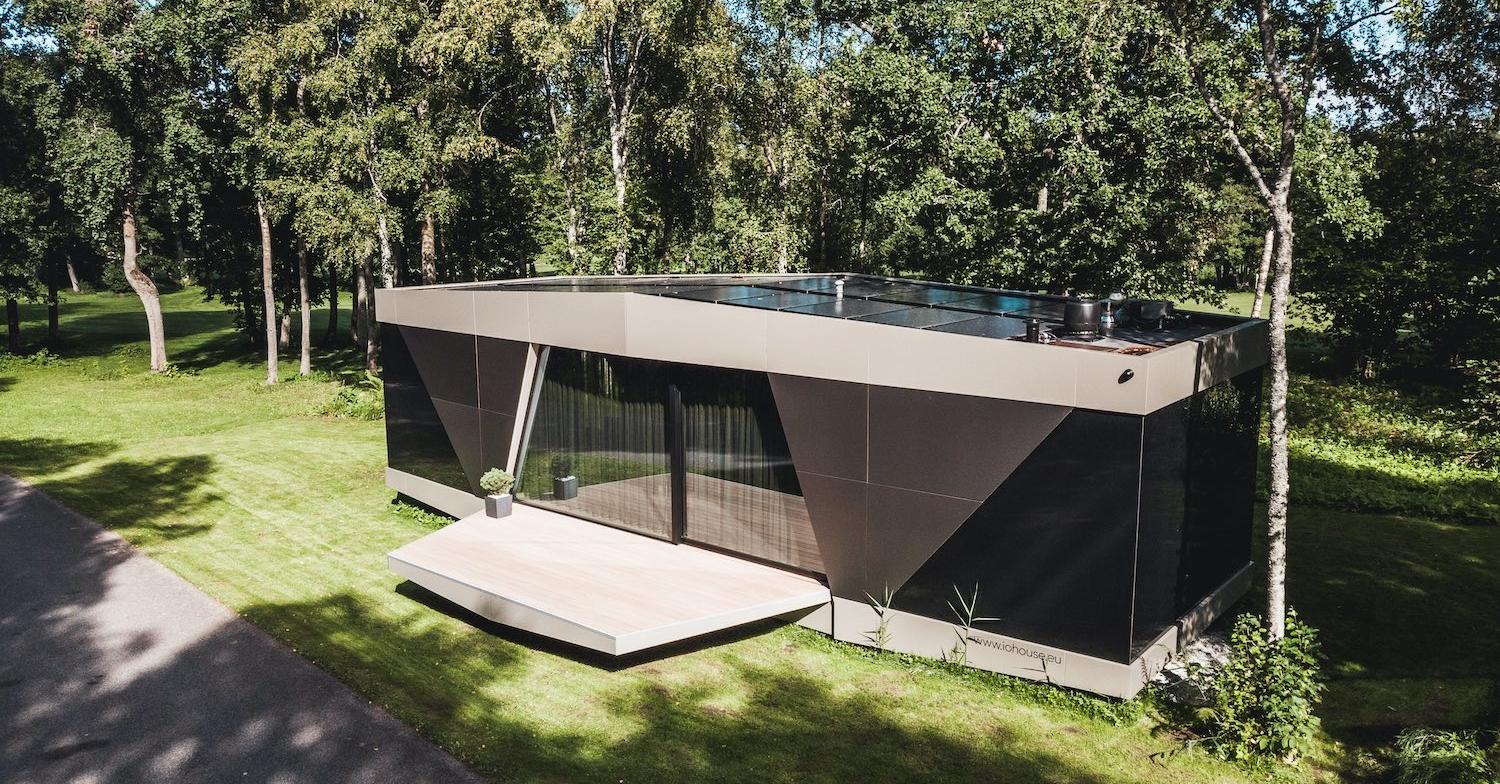Accessory Dwelling Units (ADUs), especially those of the prefabricated variety, are rapidly gaining popularity as versatile, cost-effective solutions for expanding living space. Converting these units into a dedicated office space or backyard workroom has emerged as a particularly appealing option among their myriad uses. This surge in interest can be attributed to their quick installation, affordability, and the growing trend of remote work.
Advantages of Prefab ADUs
Prefab Accessory Dwelling Units (ADUs) offer notable advantages, including rapid construction and cost-effectiveness. Unlike traditional site-built ADUs that take months to complete, prefab units are quickly installed in a few weeks, significantly cutting down labor and construction costs. These units are more affordable due to efficient, streamlined factory production and customizable in size, layout, and design, catering to various homeowner preferences.
Additionally, prefab ADUs are designed with energy efficiency in mind, featuring insulated walls, windows, and energy-efficient appliances, leading to reduced energy costs. Beyond serving as a home office, these ADUs offer income potential by being rentable, allowing homeowners to recoup their investment and profit over time.
Disadvantages of Prefab ADUs
The disadvantages of prefab ADUs are significant and merit consideration, even though the benefits outweigh them. One of the primary concerns is cost. Despite being generally more affordable than their site-built counterparts, the final price tag of prefab units can still be quite high. Various factors contribute to this, including the location where they are installed, labor and materials costs, and their design complexity. Furthermore, additional expenses such as permits, installation fees, and site preparation can quickly add up, potentially offsetting the initial affordability of these units. Another challenge lies in the legal arena. Homeowners looking to install a prefab ADU must carefully navigate the intricacies of zoning laws and permits. Ensuring these units comply with all local regulations is crucial, as any failure can lead to legal troubles and incur additional costs. Lastly, the issue of customization should not be noticed. While prefab ADUs offer a range of customization options, they must match the design flexibility provided by site-built ADUs. Homeowners may need help tailoring these prefab units to fit specific architectural styles or adapting them to complex property layouts.
Specific Considerations for Using a Prefab ADU as Office Space
Adapting a prefab ADU for office use involves carefully considering interior design and functionality. The key to a productive and healthy work environment is selecting ergonomic furniture, such as standing desks and comfortable chairs, complemented by high-quality monitors and appropriate lighting. These elements are integral to fostering efficiency and well-being in a home office setting. Additionally, integrating modern technology is essential in today’s office spaces. Features like high-speed internet, efficient electrical systems, and smart technology enhance the functionality of a prefab ADU office and add to its comfort and usability. Another significant advantage of a prefab ADU office is its privacy and separation from the main living area. This distinct physical space is invaluable for remote workers, as it helps maintain a clear boundary between professional and personal life, ensuring a healthy work-life balance.
Financial Aspects and Investment Potential
Financing a prefab ADU offers flexibility through several avenues, which can notably ease the financial strain associated with its installation and setup. Depending on their location and circumstances, homeowners can explore various financing methods, including loans, grants, and potentially tax credits. These financial aids can substantially lower the upfront and setup costs, making the project more accessible. On the investment front, a prefab ADU can yield considerable returns. The advantages extend beyond the immediate utility of a dedicated office space. Such a unit can significantly elevate the property’s overall value and open up opportunities for rental income, adding a lucrative dimension to the investment. However, weighing these potential gains against the initial outlay and ongoing expenses associated with owning and maintaining a prefab ADU is crucial. This balance is key to determining the true value and feasibility of the investment.
Conclusion
Prefab ADUs, with their quick installation, cost-effectiveness, and customization options, present an attractive solution for creating a dedicated office space. While they come with challenges, including cost considerations and legal complexities, the advantages often outweigh the disadvantages. A prefab ADU could be ideal for those seeking a separate, efficient workspace at home, offering both practical benefits and potential financial returns. As with any significant investment, careful consideration and planning
